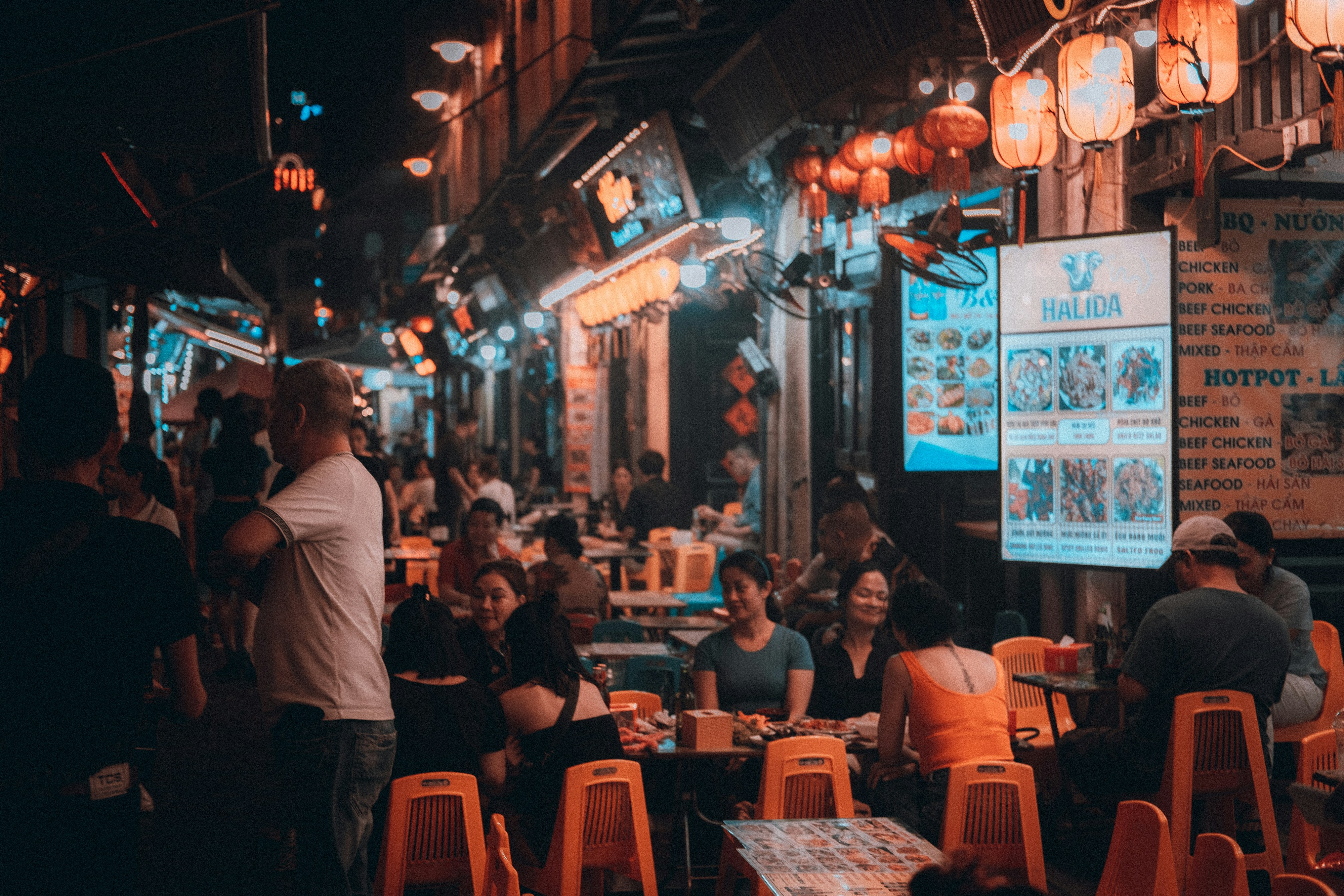Phoebe Sheng: On "‘Mixee Udon’: A Recipe for Recovery
Phoebe Sheng is a freelance writer on Vocal who enjoys experimenting with a variety of mediums, including short stories, screenplays, and poetry. In her first fictocritical piece, "‘Mixee Udon’: A Recipe for Recovery", she engages with Fred Wah’s Diamond Grill and examines the food-related symbolism embedded in her experiences as a queer, Christian Taiwanese-Canadian.
Windward Review congratulates Sheng for being the winner of the 2024 Flash! contest for Volume 22: Revolution, which was published this October. You can read Revolution online now. Out of hundreds of submissions, only a handful were published. We had multiple Flash! submissions, but only one winner and three honorable mentions.
Sheng hopes that her piece, "'Mixee Udon':A Recipe for Recovery" will inspire individuals who have similarly struggled with the interactional nature of their identities to deconstruct the colonial categories imposed upon their communities.
Here is an exerpt of this outstanding flash prose piece:
‘Mixee Udon’: A Recipe for Recovery
Slice those veined stalks with the same knife with which you almost slit your throat while your parents weren't home. They aren't home now either, but instead of planning…that, you’re planning lunch, and green onions will be the garnish. Garnishes should be last, but it’s mixed udon soup, so why not mix up the steps? Meanwhile, Chef Shu prepares his own plate in the Diamond Grill, and Fred Wah questions whether this prison of a kitchen could be a means of liberation from the categorisation of Chinese immigrants.
Slide the green onions off the knife’s edge into a red and white bowl while Shu slides the mixed grill onto the counter and “shouts loudly into the din of the kitchen, whether there’s anyone there or not, mixee grill!”. The assonance in “shouts loudly” draws attention towards the adverb’s redundancy, exaggerating Shu’s loudness, just as stereotypes paint Chinese people as rude. The fact that Shu shouts despite being alone in the kitchen dismantles this stereotype, suggesting that his loudness is borne from habit rather than deliberate disrespect. Shu, and all Chinese immigrants, are not rude, but only come across as such because the coloniser amplifies the colonised’s perceived flaws.
Ask your parents why they shout loudly. “This is just how we talk!” Mama yells.
“Taiwan is a small island. Big population. If you’re not loud, no one will hear you!” Baba hollers.
One ingredient that you and Chef Shu share is pork. It symbolises wealth and prosperity because the characters for “home” and “family” are a pig under a roof.
Repay your parents for all they’ve overcome for you. Practise your filial piety. In Ancient China, they practised gegu. If mama or baba get sick, cut out a piece from your thigh, boil it, and feed it to them.
Photo of Hà Nội, Hanoi, Vietnam,

